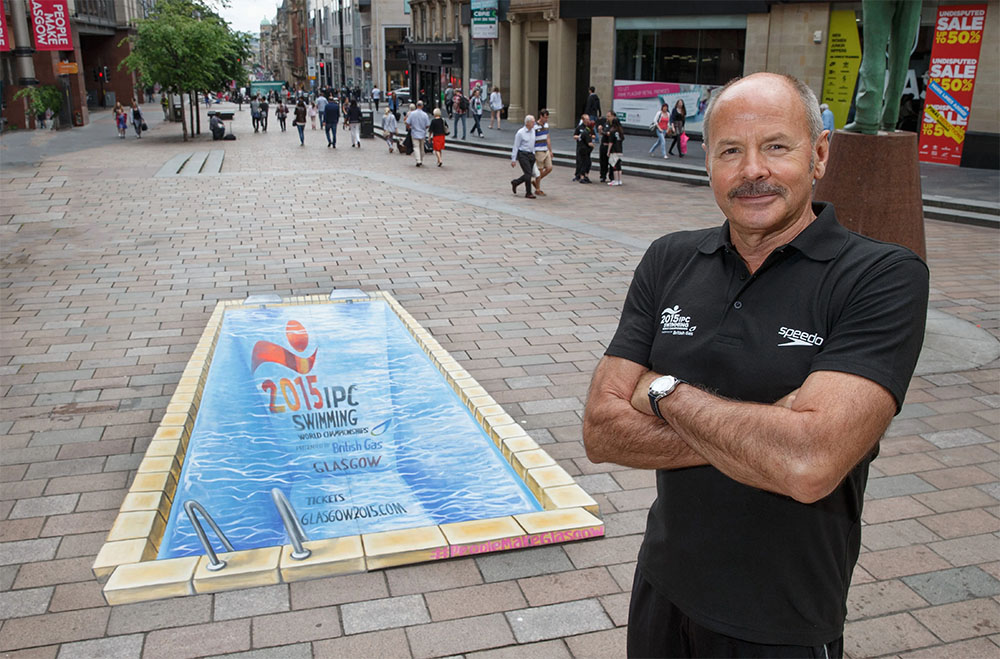
Photo Credit: Getty Images
David Wilkie, the pioneering British Olympic swimmer, has left an indelible mark on the world of swimming. Born in Sri Lanka to Scottish parents, Wilkie’s journey to greatness began with a bronze medal at the 1970 Commonwealth Games in Edinburgh. However, it was at the 1976 Montreal Olympics that he truly made history.
In an extraordinary performance, Wilkie secured 200m breaststroke gold, breaking the world record by more than three seconds. His triumph was not limited to the Olympics; he also earned two silver medals at the same Games and went on to win three world titles. Wilkie’s impact extended beyond the pool—he popularized the use of caps and goggles in elite swimming, forever changing the sport.
Unbeaten over 200m for four years, Wilkie became the first British man in 68 years to win Olympic gold in swimming. His legacy as a trailblazer and his contributions to the sport will be remembered fondly. The family’s statement announcing his passing emphasized his bravery in battling cancer.
David Wilkie’s remarkable career spanned continents and decades. His journey began in Sri Lanka, where he was born to Scottish parents. At the 1970 Commonwealth Games in Edinburgh, he clinched a bronze medal, signaling his potential as a rising star in the swimming world. Little did anyone know that this would be just the beginning of a remarkable journey.
The pinnacle of Wilkie’s career arrived at the 1976 Montreal Olympics. In the 200m breaststroke event, he delivered an awe-inspiring performance, shattering the world record by more than three seconds. His gold medal victory was accompanied by two silver medals in other events, solidifying his status as one of Britain’s greatest swimmers. Wilkie’s impact extended beyond the medals—he revolutionized the sport by introducing the use of caps and goggles, enhancing swimmers’ performance and safety.
Beyond the Olympic glory, Wilkie secured three world titles, further cementing his place in swimming history. His dominance over the 200m distance remained unbroken for four years, a testament to his skill, dedication, and unwavering focus. His achievements resonated far beyond the pool, inspiring generations of swimmers to come.
Wilkie’s decision to retire at the age of 22, just one month after the 1976 Olympics, surprised many. Yet, his legacy endured. He became a Member of the Order of the British Empire (MBE) in 1977, recognizing his outstanding contributions to the sport. His passing leaves a void in the swimming community, but his impact will continue to ripple through the lanes of pools worldwide.
Ig @ mannu mwendwa.
















